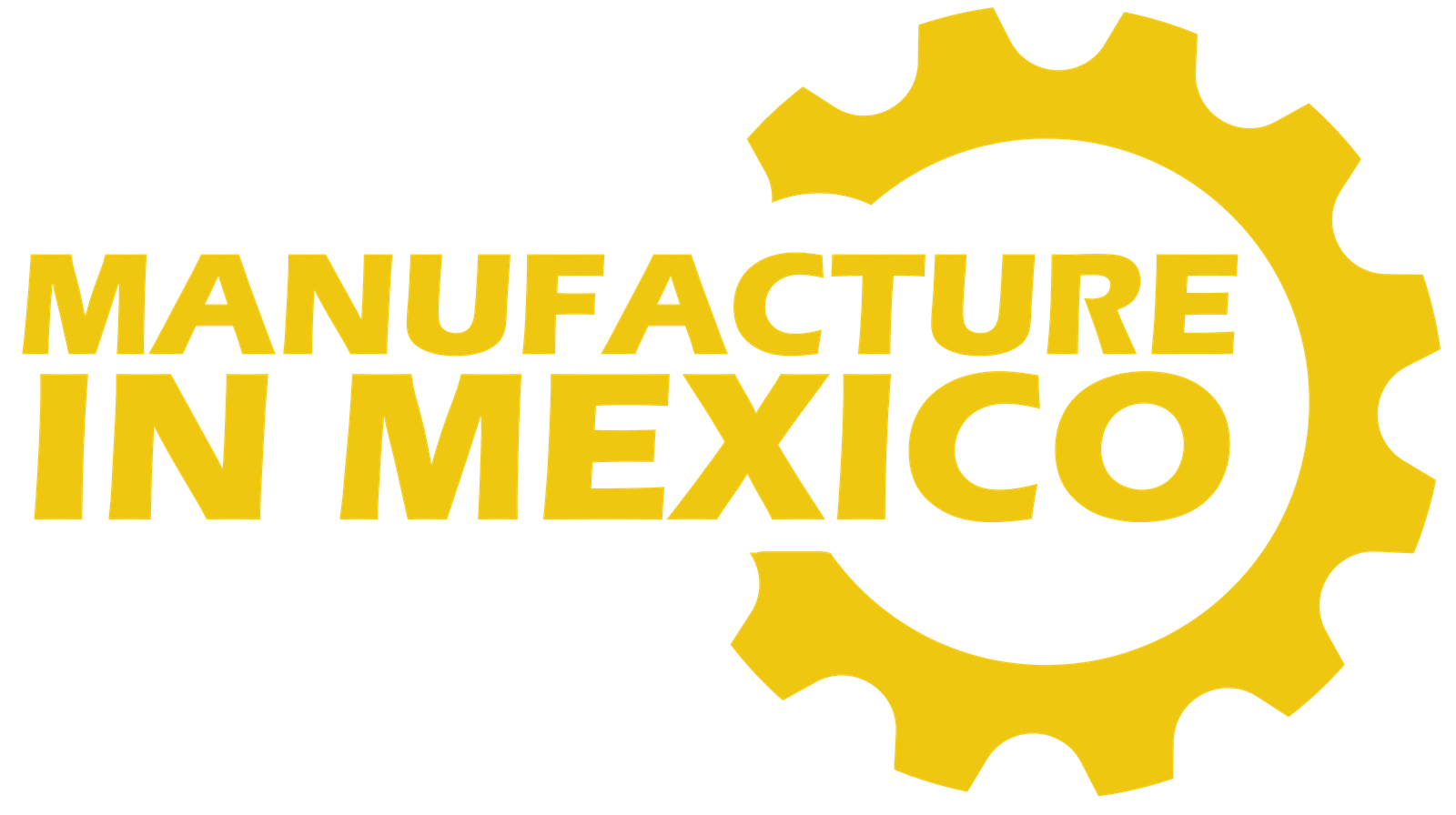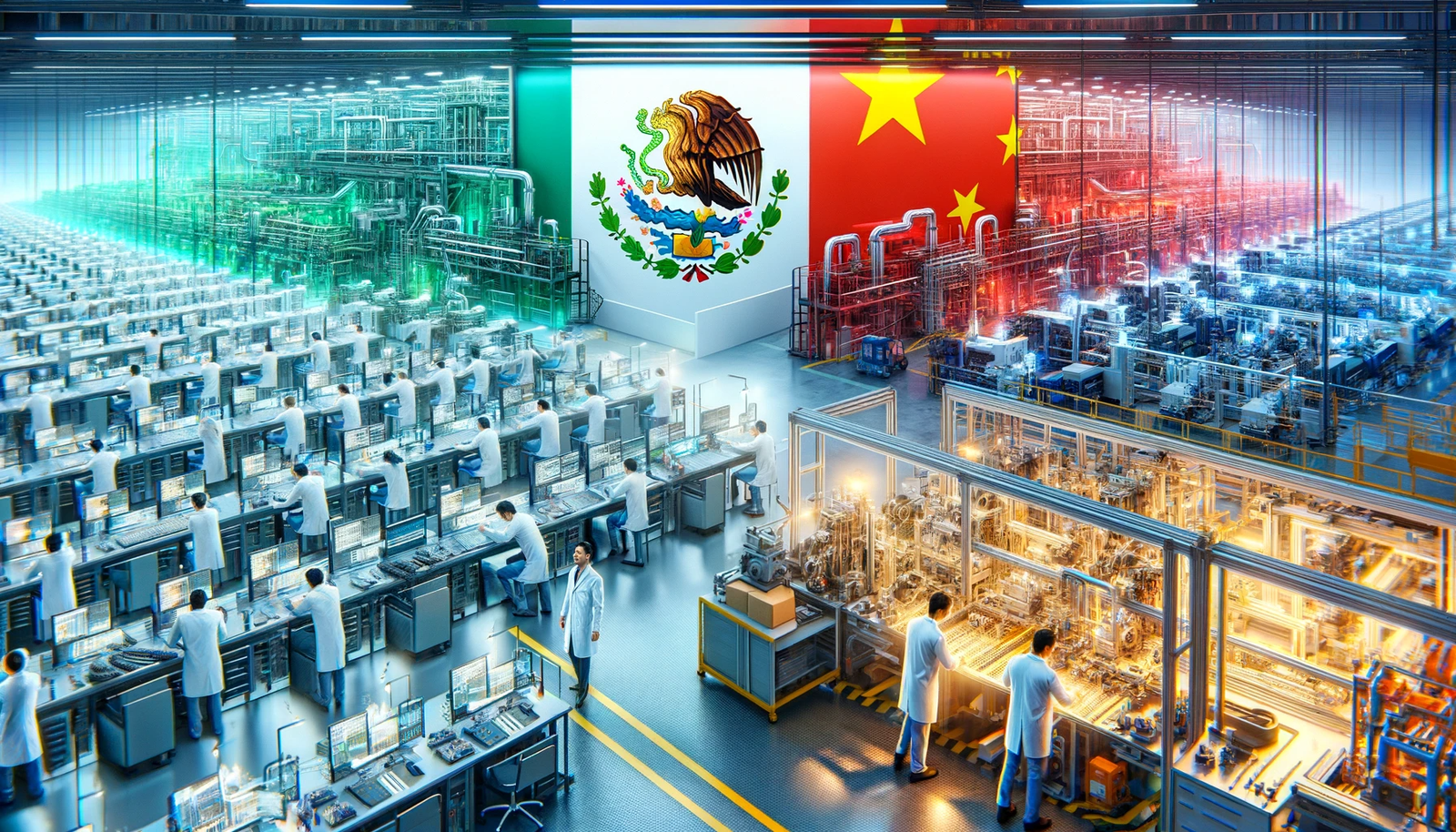The global manufacturing landscape has witnessed a significant shift, with Mexico emerging as a strong competitor to China’s long-established dominance. This post delves into the intricate dynamics of manufacturing in Mexico compared to China, exploring how changes in economic, geopolitical, and operational factors are influencing decisions for global manufacturers.
Wage Stability and Labor Dynamics
One of the most compelling advantages Mexico offers over China is wage stability. While China’s manufacturing sector initially grew due to low labor costs, these costs have been on the rise. In contrast, Mexico’s wages remain competitively lower, with Mexican manufacturing workers earning an average of $480 per month in 2021 compared to China’s $840. Additionally, Mexico enjoys demographic stability with a young and growing workforce, unlike China’s declining manufacturing workforce, ensuring a sustainable labor supply for future manufacturing needs.
Shipping Costs and Logistics
Proximity to the United States gives Mexico a distinct advantage in shipping costs and logistics. Shipping goods from Mexico to the U.S. and Canada is more cost-effective and faster compared to China, making it an attractive option for North American markets. This logistical efficiency is further enhanced by Mexico’s diverse transportation options, including trucks, trains, planes, and ships, offering manufacturers flexibility and redundancy in supply chain management.
Tax Incentives and Trade Agreements
Mexico’s participation in the USMCA free trade agreement offers significant tax advantages, particularly for North American automotive manufacturers. Additionally, Mexico’s free trade agreements covering over 50 countries, combined with special duty-free statuses like the IMMEX maquiladora program, provide a conducive environment for manufacturing with reduced operational costs.
Economic Competitiveness
Mexico’s global economic competitiveness is bolstered by its free trade agreements, tax incentives, and investment in education and training programs. This approach has made Mexico highly competitive in key industries such as aerospace, automotive, and electronics manufacturing. In contrast to China’s massive economy, Mexico has been more competitive in exports to the U.S., reflecting its growing influence in global manufacturing.
Intellectual Property Protection
Intellectual property protection is another area where Mexico outperforms China. Mexico’s robust legal framework for IP protection, coupled with the frameworks laid out in the USMCA agreement, provide a secure environment for manufacturers concerned about IP theft and infringement – a longstanding issue in China.
Operational Simplicity and Cultural Compatibility
Mexico’s geographical proximity to the U.S. simplifies operational management, including ease of travel, communication, and oversight of manufacturing processes. The shared time zones and cultural similarities between Mexico and the U.S. further streamline management and communication, enhancing manufacturing efficiency and partnership dynamics.
Manufacturing in Mexico presents a compelling alternative to China, offering stability in wages, logistical advantages, beneficial tax conditions, economic competitiveness, strong IP protection, and operational simplicity. As global manufacturing continues to evolve, businesses are increasingly looking towards Mexico as a strategic location for their manufacturing operations, balancing cost-effectiveness with operational efficiency and market access.






The Automotive Industry in Mexico: A Century of Growth and Innovation - Manufacture In Mexico
[…] industry. The country’s membership in various free trade agreements, including NAFTA (now USMCA), has been pivotal in facilitating export-led growth. Mexico’s proximity to the United […]